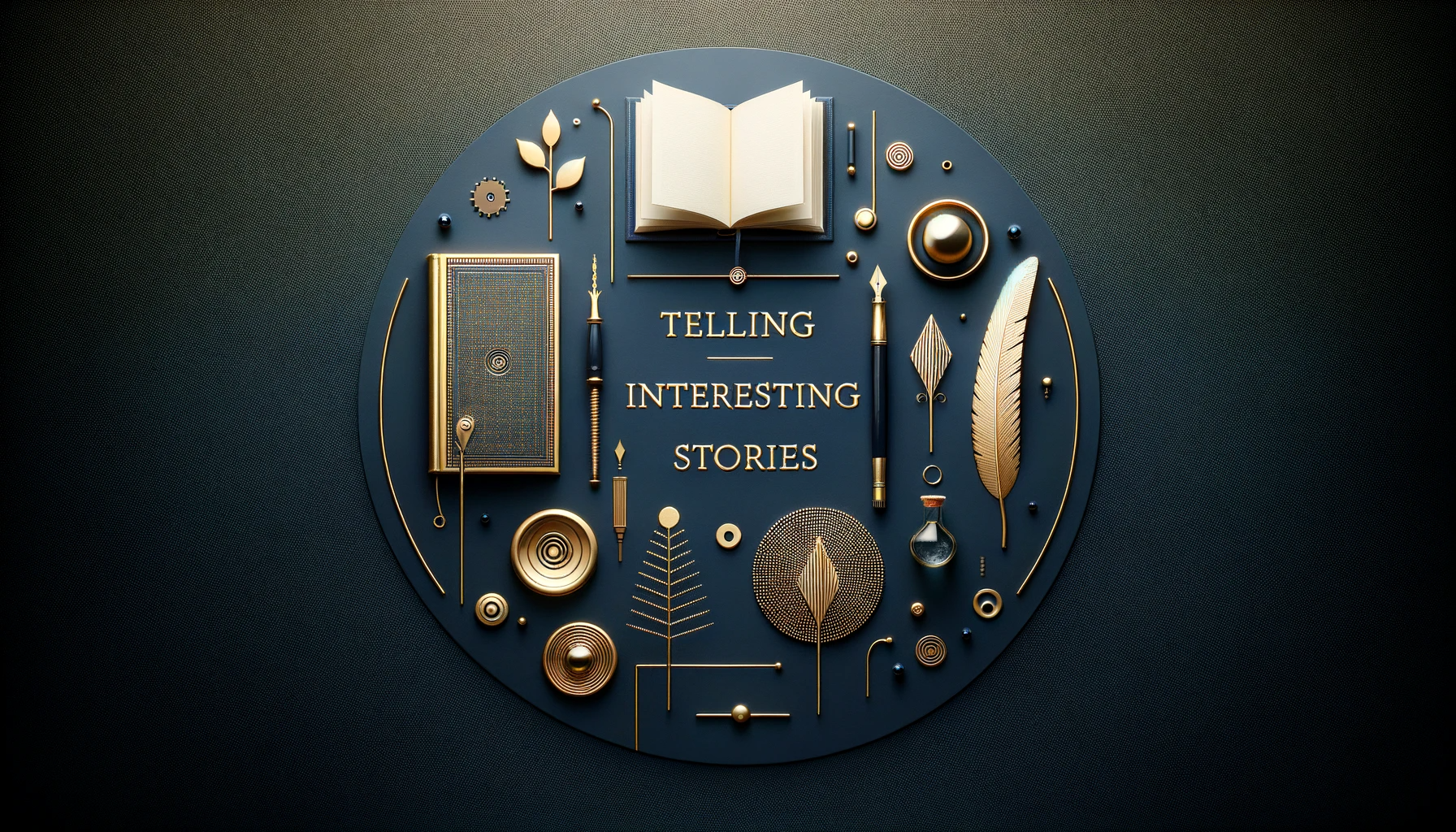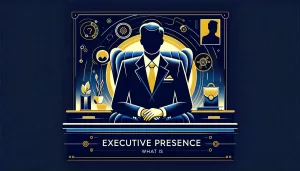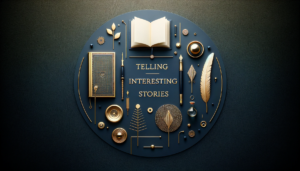Telling interesting stories is a key skill to position yourself as a thought leader in your niche and industry.
In this article, I will share insights and steps you can take to start telling interesting stories.
This is something you can apply in these situations:
- Professional presentations
- Keynote speeches
- Networking events
- Podcast appearances
As an introvert and immigrant, I arrived in the United States with no network and limited storytelling skills in English.
Since then, I’ve been able to:
- Become a guest lecturer at an MBA program,
- Get invited to speak by prestigious organizations such as the Texas Lyceum and the U.S. Securities and Exchange Commission, and
- Build a thought leadership consulting company,
All of this is thanks to building my storytelling skills.
Building your storytelling skills is a superpower that will allow you to advance your career to new heights (way past what you thought was possible).
Contents
Why should you learn to tell interesting stories?
You might think there is nothing worse than being in a room and having to listen to someone who is putting you to sleep with their words.
But there is!
What if you are the one who is speaking and putting everyone else to sleep?
Speaking in front of others is the most feared situation by humans. The pressure is even worse when you are an introvert.
For this reason, telling interesting stories is a superpower.
Having it will allow you to command attention, respect, and influence others.
If you want to become a thought leader in your niche, you MUST become a great storyteller.
You can even change the world if you are able to tell good stories. Such was the case with Abraham Lincoln.
There’s a great story of how we was able to deflect a tough question about slavery by using a story to explain his policy.
If you’ve seen the movie where Daniel Day-Lewis portrays him, you also know that his rivals detested it when he started to tell a story because they knew it was an unfair advantage.
How do you tell interesting stories?
There are only three elements you have to master if you want to tell interesting stories:
- Learn the structures of good stories
- Practice the delivery
- Tailor these to the audience
I’ve read more than 100 books that are related to the ability to tell good stories. They all can be boiled down to these key points in terms of structure:
- There has to be a problem
- You need a relatable protagonist
- They must face a crisis
- You must show the result of the decision the protagonist made when facing the crisis
We can get more technical about the names of these elements (more about these can be found in the five commandments of storytelling).
But for a professional context, this is all you need.
In terms of delivery, you just need to put in the practice.
The elements you can play with, in your delivery, are:
- Tonality
- Cadence
- Body language
You have to be able to change the volume at key points in your story. You get bonus points if you can do different voices or accents, for the different characters in your story.
You must also be able to change the pace of your words. Speed up and slow down as needed, in line with your story’s trivial and important points.
Last but not least, you need to learn how to incorporate the right types of movements and hand gestures to enhance the impact of your words.
And none of these will matter if your audience doesn’t care about your story.
So, you must make sure that you are tailoring your storytelling to whomever you have in front of you.
Even the best keynote speaker will bomb if they are delivering the right message to the wrong audience.
You might have the secret to making investment decisions in 2024. But if your audience is not concerned about investing, then you won’t be able to get them engaged with your story.
To recap, what you need to do to tell interesting stories is:
- Get familiar with the different types of structures that good stories have
- Practice your delivery until you are a master of tonality, cadence, and body language
- Make sure to tell stories that are in line with what your audience cares about
How do you become an interesting storyteller?
The first step is to follow the advice I just gave you about building the skills to tell interesting stories.
The second step is to become a collector of great stories.
There’s a reason why we tend to hear the same stories, analogies, and fables over and over. It’s because someone discovered it, used it, and then other people added them to their repertoire.
You might think that it’s cheating if you tell someone else’s stories. But that’s not the case.
Before you build the skill of crafting stories, you need to build the skill of telling stories. It’s easier to do with a story you know already works.
And even with stories that work, it’s possible that you bomb because you haven’t mastered the delivery.
So it’s not as easy as just borrowing someone else’s joke or story.
You have to put in the work.
So, the easiest way to become an interesting storyteller is to build a bank of great stories.
This can be done on a notes app, a Google doc, or anywhere you can store information. You can save the whole story or just key points to help you remember.
And you can collect stories from:
- Books
- Podcast episodes
- Keynote speeches
- TV series or movies
Once you adopt the right mindset, you will start to find stories everywhere around you.
Bonus: Use your professional bio to command attention and respect by leveraging our how-to guide.
Here are some examples of professionals telling interesting stories
- Barbara Corcoran tells the story of how she found a $10 million investment as a messenger
- Barbara Corcoran tells her rags-to-riches story
- A scene of Lincoln telling a story about equality (portrayed by Daniel Day-Lewis)
- A scene that shows how rivals hated Lincoln’s stories because of the power these gave him (portrayed by Daniel Day-Lewis)





